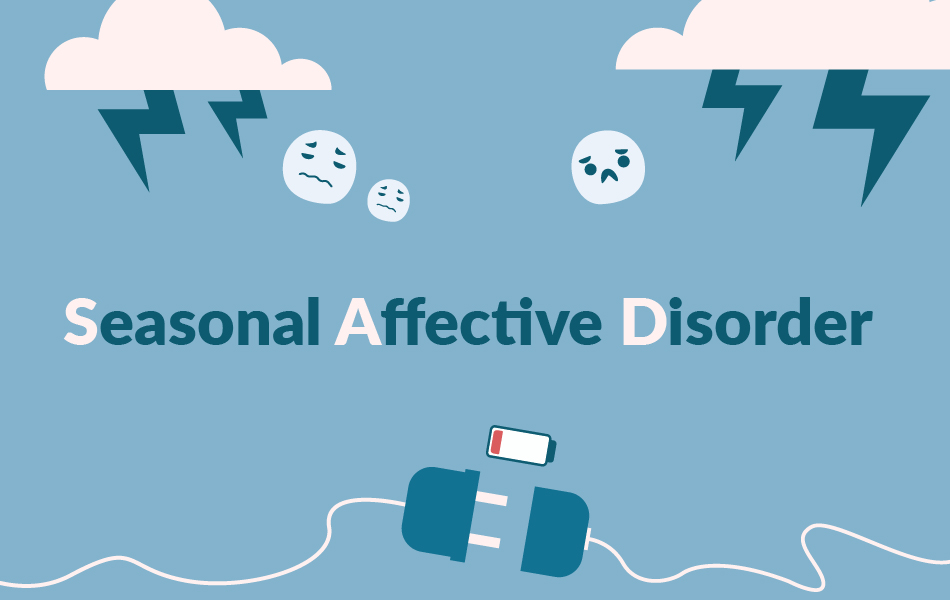
Physiotherapy at ZwavelStream
January 23, 2018
Environment & Your Mental Health
February 15, 2018A Positive State of Being
Being in good mental health means an individual has a general sense of control over their life and its problems, and exhibits feelings of optimism and hope.
They are physically and mentally capable of dealing with stress. This capability is referred to as resilience, and it means that life’s challenges are handled more easily than in cases of people with mental illness.
Learning new skills, adapting to change, self-confidence and adequate coping mechanisms for managing stress are signs of an individual in good mental health.
Mental health specialists are part of a larger group seeking to provide clarity on the topic in order to reduce the number of people adversely affected by mental illness. When trying to answer the question of defining positive mental health, it helps to consider key aspects of your lifestyle.
Things like diet, sleep patterns, and physical activity greatly impact your mental state, and if either of these areas are lacking, it can lead to poor mental health.
Taking Your Power Back
It’s important to understand that in much the same way that you have to make an effort to keep yourself physically healthy, certain actions must be taken to ensure mental health as well. It’s not something that you either have, or don’t have. This is good news, because it means that each individual has the power to take control of their mental wellbeing.
Feeling mentally healthy is therefore closely connected to and affected by exercise, sleep, nutrition, and stress. You can positively impact your mental wellbeing by following a regular exercise program, or ensuring some kind of physical activity in your daily living.
Eating well and getting enough sleep gives your body what it needs physically, which in turn affects mental acuity so that you are able to better manage stress.
According to Women’s Health US – champions in providing support on issues related to mental health, and front-runners in demolishing the stigma surrounding mental illness – by dividing the management of personal mental health into the four areas of Nutrition, Sleep, Stress, and Exercise, we are able to see how everyday things impact our mental state.
We can then establish methods of positive management to ensure good mental health.
Nutrition
A healthy diet can have several positive effects on your mental state. Enjoying food that is rich in good nutrients, like folate, calcium, iron, vitamin B12, and omega fats you are ensuring your body receives all it requires to feel good.
Studies have shown that healthy, nutrient-rich diets help to reduce some symptoms of depression and anxiety, which means that not only is a good diet the way to maintaining mental health, but it can help manage existing problems as well.
Exercise
The practice of regular physical activity has been linked to improved memory, sharper focus, and elevated positive moods. The endorphins released during exercise feed the brain and make you feel good.
It alleviates symptoms of depression and anxiety, and is an all-round great way to rid your mind and body of stress. Depression clinics and psychiatric hospitals swear by exercise as an integral factor to treating mental illness for this very reason.
Sleep
Sleep is vitally important to physical and mental health, because this is when the body and mind restores and refreshes themselves to be prepared for the next few hours of wakefulness and the challenges that might bring.
Lack of sleep leads to lethargy, inability to concentrate, heightened stress levels, and a spike in symptoms of depression and anxiety.
Stress
There are varying degrees of stress that an individual might experience in their life. Sometimes it’s everyday stress that can make a day hard to get through, like work, and family responsibilities. Other times stress comes from more significant events, like trauma, death, or serious illness.
Women’s Health US does great work in providing support for women dealing with stress in today’s world – being a primary caregiver, a career-oriented person, spouse, friend, colleague… The various roles that women play places increased demand on their abilities to manage stress in a healthy way.
If stress isn’t dealt with, it can lead to sleep disorders, depression, anxiety, low self-esteem, and a myriad of problems that negatively affect mental wellbeing.
Looking After Your Mental Health
Now that we understand what good mental health is, as well as the factors that contribute to it,
let’s look at 10 guidelines to follow that will ensure a positive mental state of being:
- Commit to regular physical activity. If going to the gym is not your thing, a brisk walk or jog each day will also do.
- Communicate your feelings. Keeping things bottled up adds to stress and anxiety. In sharing the way you feel, you are able to work towards a lighter state of mind.
- An eating plan that is rich in good nutrients will not only keep your body healthy, but will also feed your mind.
- A solid support system comes in many shapes and forms – family, friends, church, and community projects are a few ways in which you can stay connected and feel valued.
- Understand that there is no shame in asking for help. Sharing your troubles with others means you won’t have to carry the weight on your own.
- Limit the amount of alcohol you consume. Alcohol is known to affect our moods and often enhances them. This means depressed or anxious people could end up feeling worse while or after drinking alcohol.
- Hobbies are not only a great way to be distracted from everyday life and its problems, but they help to combat stress by boosting your sense of achievement and self-esteem.
- Accept yourself and your uniqueness to reduce feelings of inadequacy and depression when comparing to others.
- Offering care and support to friends, family, or your community will do wonders for your sense of self.
- Remember to take a pause. It doesn’t have to be a week in Hawaii, even five minutes out of your busy day will also help.
Promoting a Positive Mind
Once you have the above ten practices down, you will be ready and able to consider more ways to maintain mental health. Yes, there are more, because there is always room for positivity in everyday life. Something as simple as making the decision to be more accepting of changes that occur.
Instead of fighting things that are outside of your control, like being diagnosed with a serious illness or losing a loved one, it’s better for your mental wellbeing to be accepting and rather look at ways to adapt and manage the new situation, than carry it with you as a form of stress and anxiety.
With regard to exercise and physical activity, consider pursuing group activities as this will provide the opportunity for socializing and comes with a built-in support and motivational system.
Ownership is another significant aspect to good mental health. Assuming responsibility for the things that happen to you will place the power to overcome life’s tribulations where it belongs – with you.
Remember to Laugh
Taking life too seriously is one of the most negative forces that impacts mental wellbeing. Behavioural psychologist, Dr. Helgo Schomer, states that laughter is a form of therapy in that it’s pleasurable and provides enjoyment.
A good belly laugh releases endorphins, which lifts the mood and reduces symptoms of stress, depression, and anxiety.





